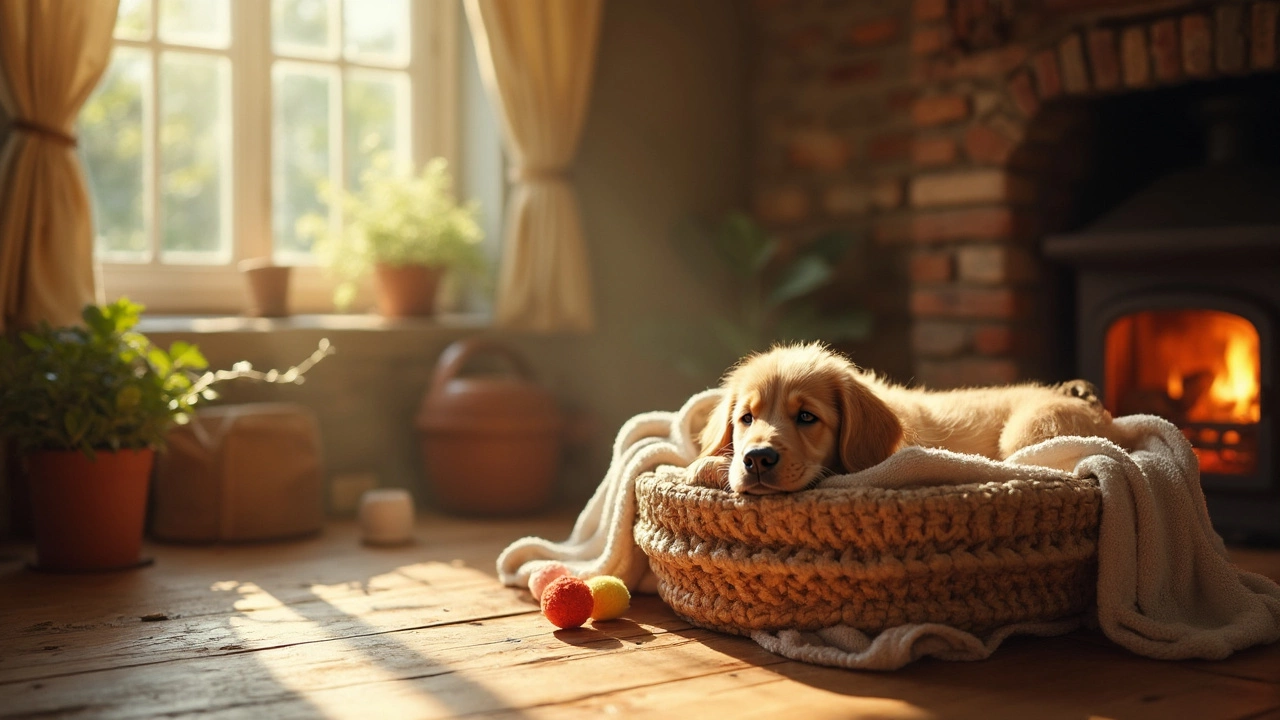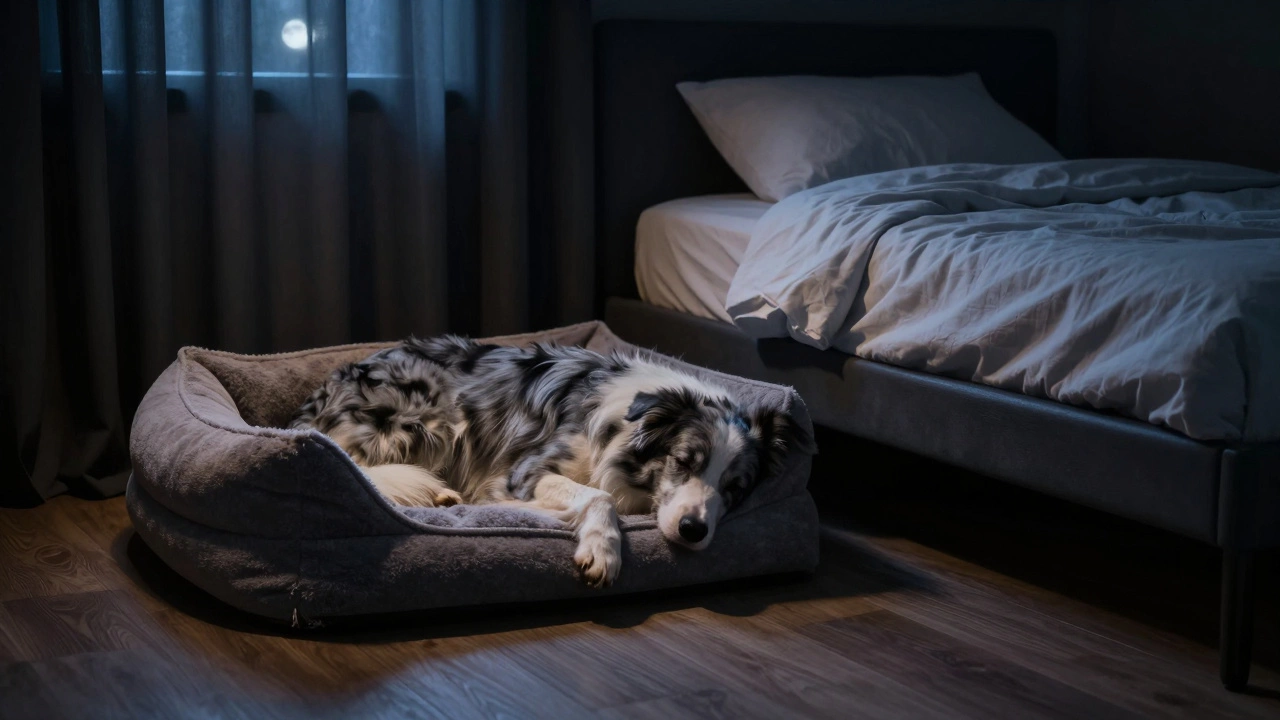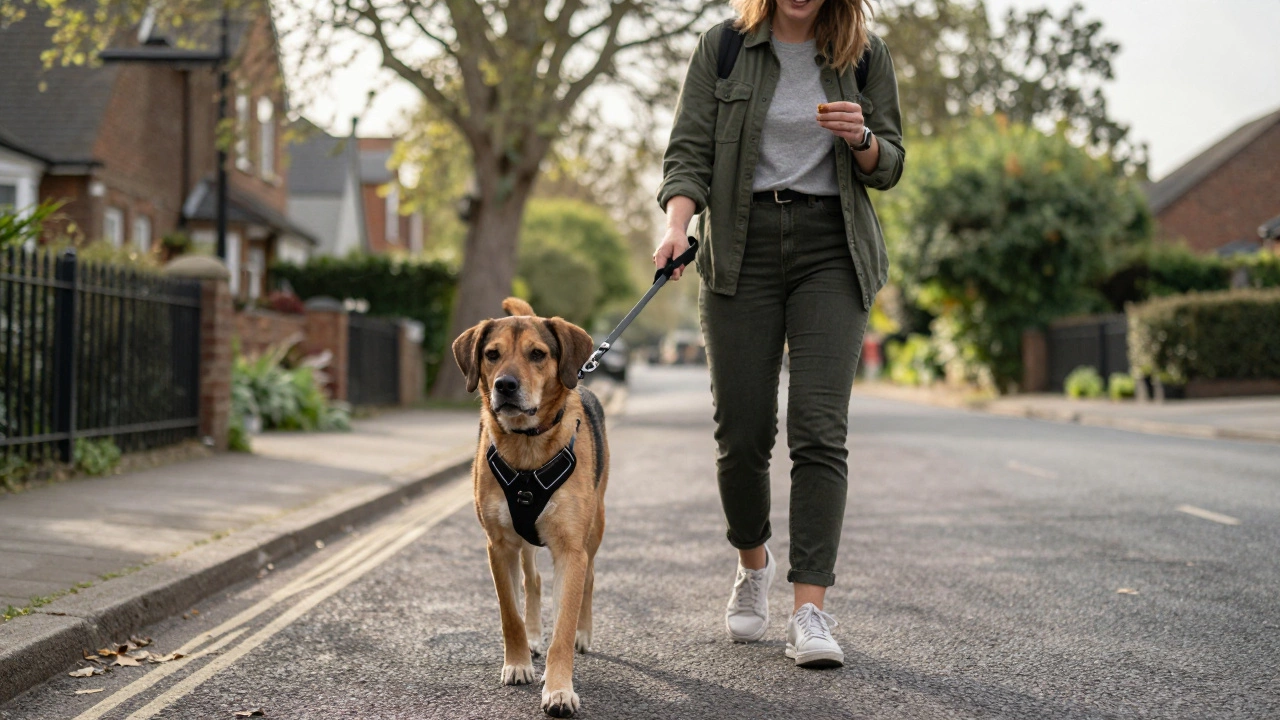Pet Tips for Happy Dogs and Cats
Whether you have a playful pup or a curious kitty, the right tip can make life easier for both of you. Below you’ll find simple, down‑to‑earth advice that you can use today. No jargon, just clear steps that work.
Top Tips for Dog Owners
Know what’s in the bowl. Before you fill the dish, check the ingredient list. The first item should be a high‑quality protein like chicken or lamb. If you’re tempted by cheap kibble, look for added vitamins and avoid excessive fillers.
Exercise isn’t just a walk. A 30‑minute stroll is great, but dogs also need mental challenges. Toss a ball, play hide‑and‑seek with treats, or rotate toys to keep boredom at bay.
Travel smart. Flying with a dog can feel stressful, but a few steps help. Measure your pet and carrier to match airline limits, use a breathable crate, and bring a familiar blanket. Our guide on "Flying with a 40 lb Dog" breaks down the exact rules you’ll face at the airport.
Mind the ears and paws. After a walk in wet weather, dry the ears and check the pads for cuts. A quick wipe with a damp cloth can prevent infections and keep your dog comfortable.
Training tools matter. If you consider a vibrating collar, read reviews and consult a trainer first. Some collars work well for recall, while others can cause stress. Our article "Vibrating Dog Collars: Safe Training Tools or Harmful Gadgets?" explains the pros and cons.
Cat Care Essentials
Feed the right stuff. Cats are obligate carnivores, so look for food where meat is the first ingredient. If you wonder whether one can of Friskies is enough, remember that portion size depends on age, activity, and weight. Our piece on "Is One Can of Friskies Enough for Your Cat?" gives the numbers you need.
Watch the bowl. Cats can be picky about texture. Offer both wet and dry food for a while, then see which one they finish. If they leave food untouched, it might be a sign of a health issue.
Keep the litter clean. A scoop twice a day prevents odor and encourages regular use. If your cat starts missing the box, check for stress triggers like a new pet or loud noises.
Play matters. Even indoor cats need hunting practice. Use wand toys, laser pointers, or crinkle balls to mimic prey. Short, frequent sessions keep them fit and mentally sharp.
Regular vet checks. A quick annual visit can catch problems early. Talk to your vet about supplements only if your cat shows a specific deficiency; many commercial foods already include what they need.
These tips are just the start. Browse our full list of pet tips to find advice on grooming, crate training, and safe travel. Each article is written by local experts who know the South Tyneside climate, the best vets, and the most pet‑friendly parks. Keep these pointers handy, and you’ll see a happier, healthier companion in no time.
Why You Should Never Wake a Sleeping Puppy
Ensuring a puppy gets enough sleep is crucial for their overall well-being and development. Interrupting their rest can lead to stress, hindered growth, and behavioral issues. Puppies need more sleep than adult dogs as it helps in their physical and mental growth. Learning the right ways to manage their sleep will ensure a happy and healthy pup.






